
Ghana has launched a Voluntary National Review (VNR) to accelerate the implementation of the Sustainable Development Goals (SDGs).
The review, which was launched on Wednesday in Accra, will facilitate the sharing of experiences and mutual leaning, including successes, challenges and lessons learned.
A report on the review will be presented to the UN at a High-Level Political forum in July this year. Government intends to use the review process to increase public awareness, deepen citizen's engagement and promote national ownership of the SDGs.
This is part of the follow-up and review arrangements for the SDGs the United Nations Member States are expected to conduct regularly on voluntary and inclusive basis with progress of implementation.
Since the launch of the SDGs in Ghana, a number of initiates have been undertaken by both government and civil society organisations to localise and popularise the SDGs.
This process would further highlight the linkages of the SDGs with the government's coordinated programme of the Economic and Social Development Policies.
Launching the VNR, the Minister for Planning, Professor George Gyan-Bafour, said Ghana's review process would adopt a "whole government" and a "whole-of society" approach with the active participation of a wide range of stakeholders at the national and sub-national levels.
According to him, the review would assess institutional arrangement and enabling environment for implanting the SDGs. He said it would assess the progress of implementation across all 17 SDGs, including innovations and successful initiatives.
In addition the, the review will assess cross-cutting themes of "leaving no one behind", "Youth engagement in the SDGs", and "synergies across the goals."
Professor Gyan-Bafour, however, expressed concern over the lack of awareness of the SDGs. "From government offices to businesses, schools, towns and villages, not many people are conversant with the SDGs. A large proportion of the population remain unaware of the SDGs, let alone own them and contribute to their achievements," he said.
He, therefore, called on the media to create public awareness by providing platforms for public discussions, helping to hold government and other development actors accountable and generally serve as a catalyst for citizens' empowerment.
"There should be continuous collaboration between the media houses, public, private, and civil society organisations to ensure adequate coverage on SDGs," he said.
ISD: Solace Amankwa
Read Full Story
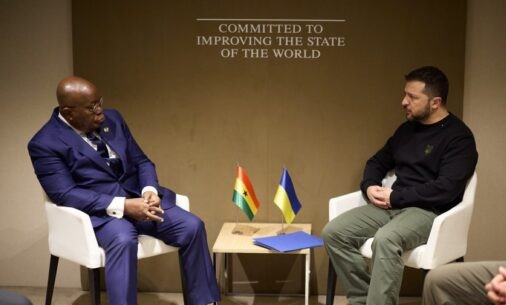
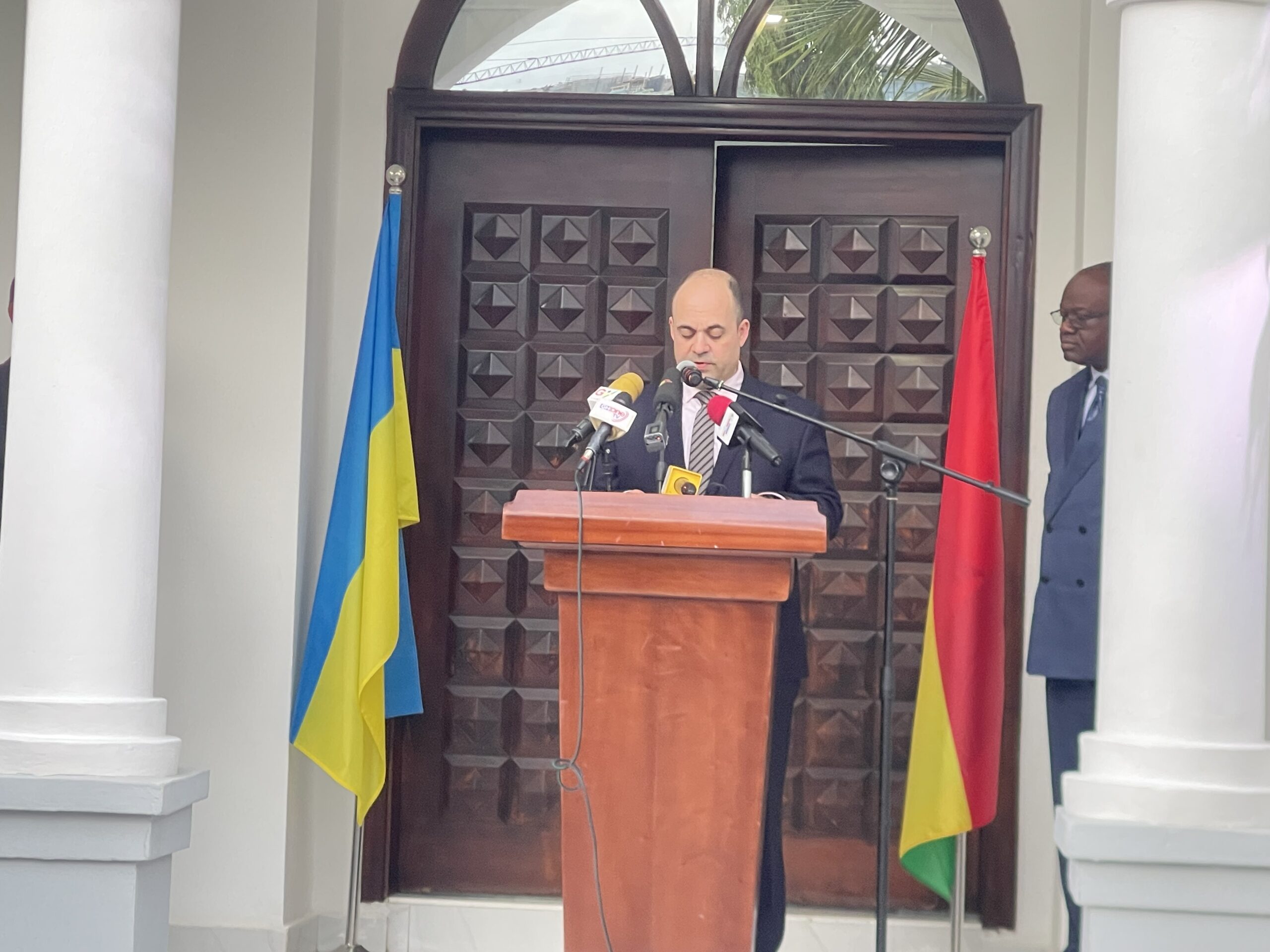
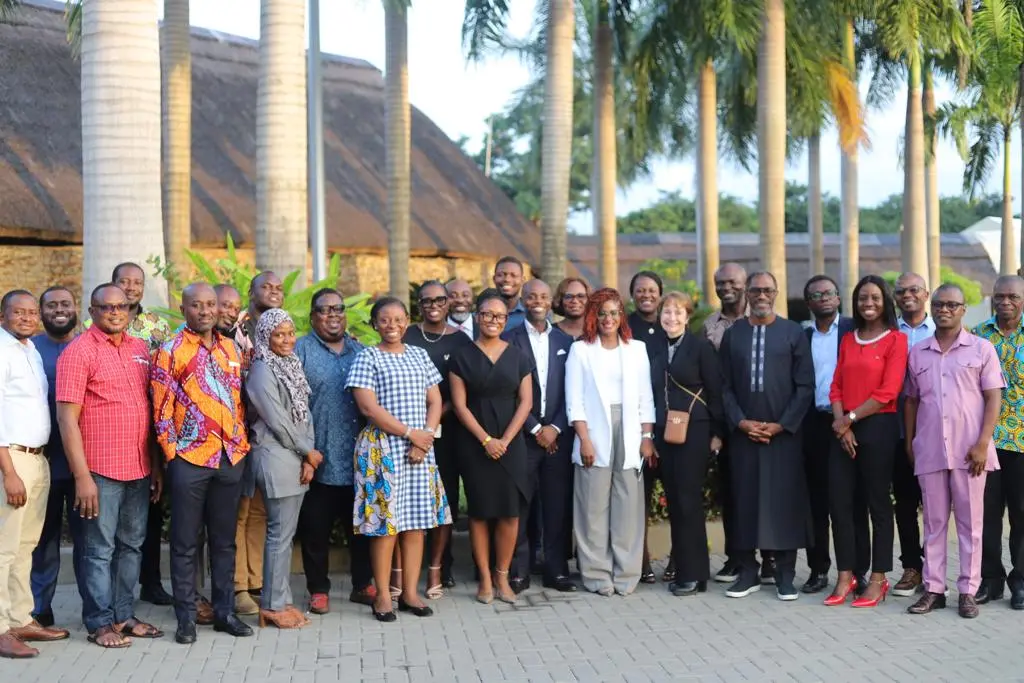


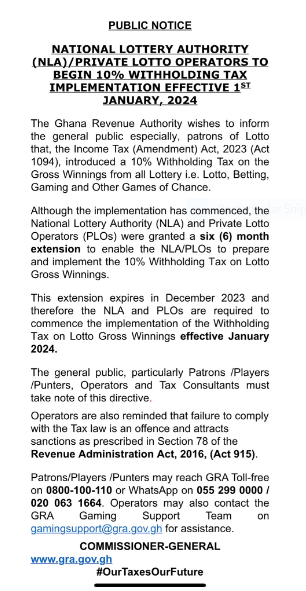
















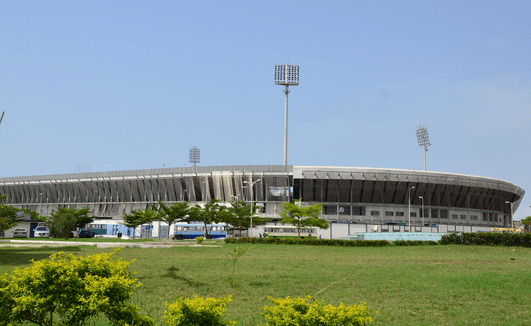
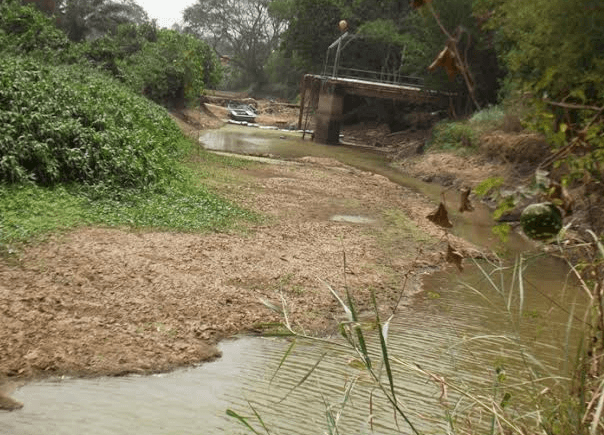



Facebook
Twitter
Pinterest
Instagram
Google+
YouTube
LinkedIn
RSS